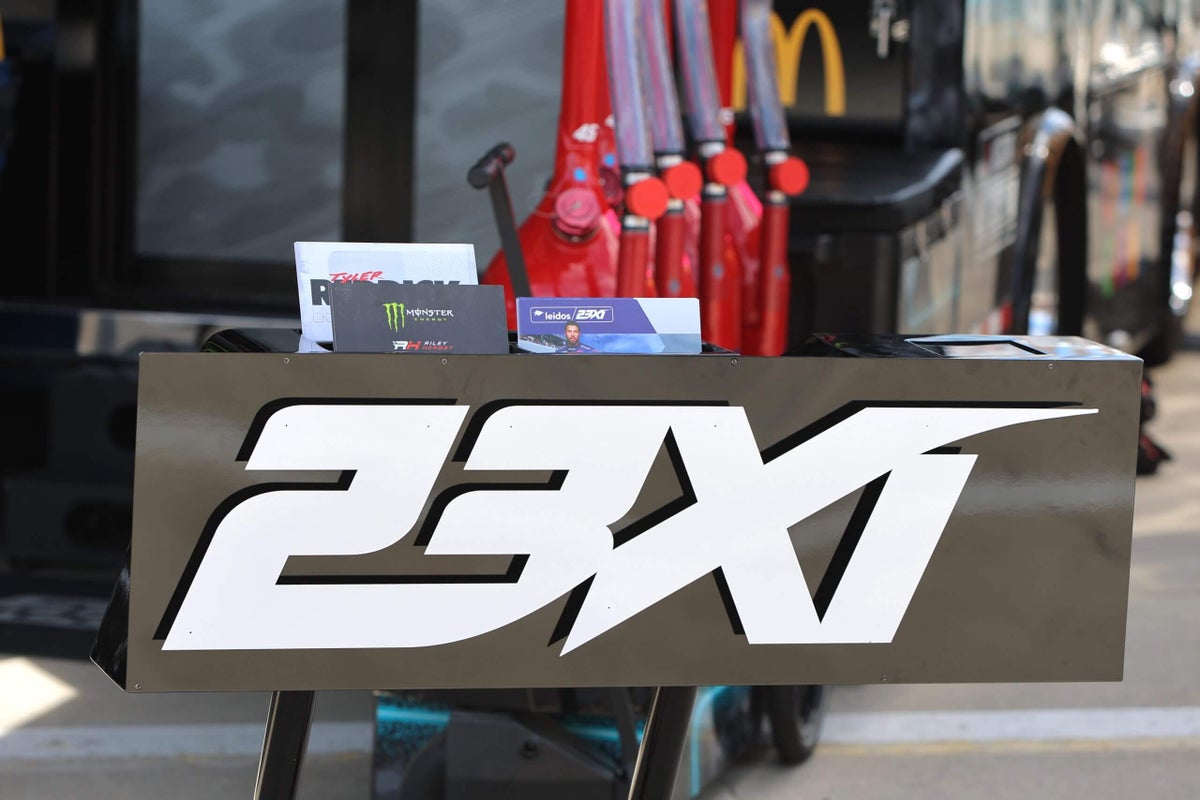CHARLOTTE, N.C. — There were no fireworks or bombshells Thursday when attorneys for NASCAR and two teams suing the league faced off in federal court, but there were plenty of quips and some developments that occurred across the three-plus-hour summary judgment hearing in advance of a case that continues to speed toward its December trial date.
U.S. District Judge Kenneth Bell opened the proceedings Thursday by thanking NASCAR and the two teams, 23XI Racing and Front Row Motorsports, for working in good faith and putting forth a sincere effort during a court-mandated settlement conference Tuesday and Wednesday.
But any positive gains that were made in the sessions were not evident Thursday at the federal courthouse in downtown Charlotte, where it was clear just how far apart the two sides are in a case that has roiled NASCAR ever since 23XI, co-owned by NBA legend Michael Jordan, and Front Row, owned by restaurant entrepreneur Bob Jenkins, filed an antitrust lawsuit last October against NASCAR and NASCAR chairman and CEO Jim France over the state of the sport’s charter system.
“Today’s hearing confirmed the facts of NASCAR’s monopolistic practices,” said Jeffrey Kessler, attorney for 23XI and Front Row, “and showed NASCAR for who they are — retaliatory bullies who would rather focus on personal attacks and distract from the facts. My clients have never been more united and committed to ensuring a fair and competitive sport for all teams, partners, drivers and fans. We’re going to trial to hold NASCAR accountable.”
Multiple times Thursday, NASCAR’s lawyers described the actions of the two teams as “classic cartel behavior” during the two years the sides negotiated an extension to the charter agreement that guarantees teams certain revenue thresholds. Teams have been seeking more favorable terms from their charter agreement with NASCAR for several years.
NASCAR’s attorneys said the actions by 23XI and Front Row, particularly 23XI co-owner Curtis Polk, undermined the sport as league executives worked on NASCAR’s media rights deal. They specifically pointed to a team owners’ council meeting with NASCAR that owners boycotted in protest over how charter negotiations were unfolding, including disclosing that 23XI co-owner Denny Hamlin used the word “boycott” in a text to a reporter explaining what the teams were doing.
Kessler countered by noting that if Polk was strong-arming other team owners into following him and not accepting NASCAR’s terms, then why did 13 of 15 teams ultimately sign the charter agreement in September 2024?
NASCAR also pushed back against the idea that it had a monopolistic hold on the market, as teams were free to compete in other forms of motorsports, such as Formula One or IndyCar, should they decide they did not like how NASCAR operates its premier Cup Series.
But the teams contended that those forms of motorsports are drastically different from big-time stock-car racing, and if the teams wanted to compete in stock-car racing, they effectively had to do so in NASCAR because of various exclusivity agreements NASCAR has in place.
Kessler further argued that a Cup team deciding to start an IndyCar team would be the same as a Major League Baseball team electing to drop down to play in a minor league. He then added he believes Charlotte deserves an MLB team.
This quip was one of the several made by Kessler, and even Bell, during the hearing, often producing laughter across the courtroom, and this included from Jordan, who several times reacted to what was said by either laughing, smiling or shaking his head in disagreement.
Bell concluded the hearing by stating he hoped to issue a ruling within the next couple of weeks. The next court hearing is scheduled for mid-November.

